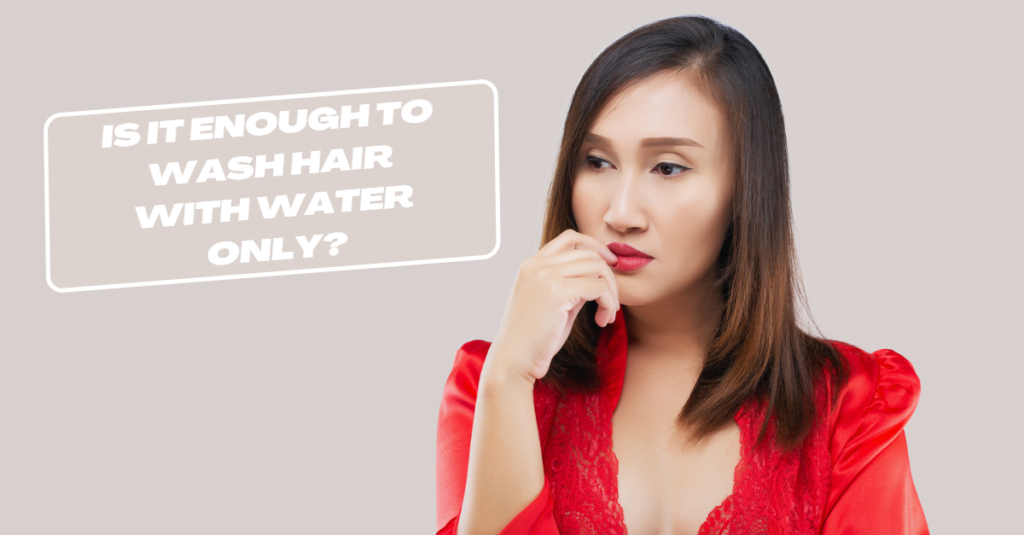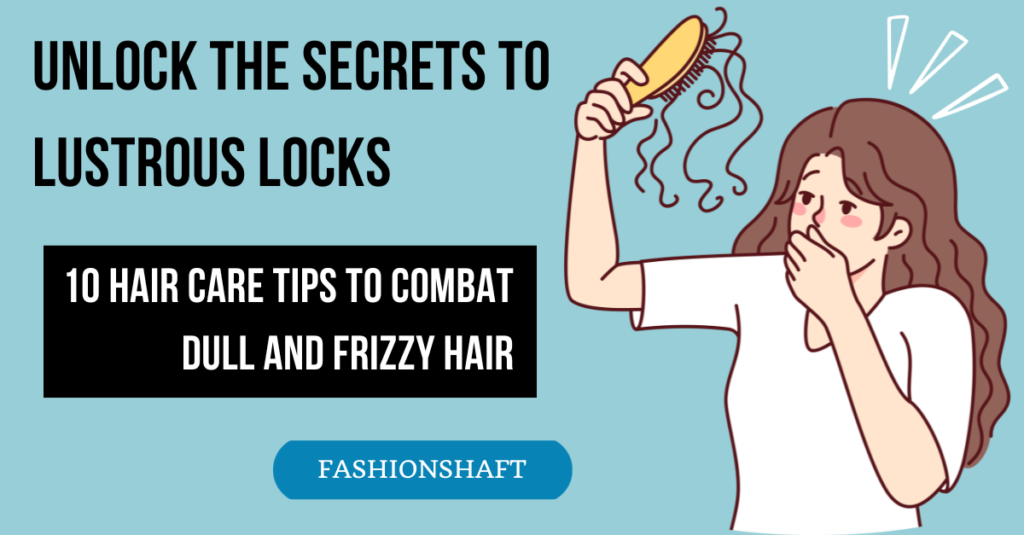Is it enough to wash hair with water only?
Introduction
Maintaining clean and healthy hair is a priority for many individuals, as it contributes to our overall appearance and self-confidence. Traditionally, the use of shampoo has been synonymous with hair care routines, playing a crucial role in cleansing and maintaining hair health. However, in recent times, there has been a growing interest in alternative methods, such as washing hair with water only. The question arises: Is it enough to wash hair with water only?
This article explores the concept of washing hair with water alone, examining its benefits, drawbacks, and potential impact on hair and scalp health. We will delve into the role of shampoo in hair care, highlighting its purpose and the ingredients it contains. Furthermore, we will delve into the principles of the water-only method, considering the claims made by its advocates. By weighing the pros and cons of both approaches, we aim to provide a comprehensive understanding of whether washing hair with water only is a viable option for maintaining clean and healthy locks.
The Role of Shampoo in Hair Care:
Shampoo has long been a staple in hair care routines due to its ability to remove dirt, oil, product buildup, and other impurities from the hair and scalp. It typically contains a combination of cleansing agents, conditioners, fragrances, and preservatives, each serving a specific purpose.
Cleansing agents, such as surfactants, are responsible for the removal of dirt and excess oil from the hair and scalp. They create a lathering effect that helps to lift away impurities, leaving the hair feeling clean. Conditioners, on the other hand, work to improve the manageability and softness of the hair by replacing moisture and providing nourishing ingredients.
Shampoo formulations also vary to address specific hair concerns, such as dryness, dandruff, or color-treated hair. These specialized shampoos often contain additional ingredients, such as moisturizers, anti-dandruff agents, or color-protecting compounds.
The Water-Only Method:
Advocates of the water-only method argue that shampooing too frequently or using certain shampoos can strip the hair of its natural oils, leading to dryness, scalp irritation, and a disrupted moisture balance. They believe that washing hair with water alone allows the scalp’s natural oils, known as sebum, to spread throughout the hair, resulting in healthier, more balanced locks.
Proponents of this method suggest that water is sufficient to remove some dirt and debris, while regular brushing helps distribute sebum and keep the hair clean. They claim that over time, the hair and scalp adjust to this new routine, resulting in less oiliness and a healthier overall condition.
The Benefits of Water-Only Washing:
- Maintaining Natural Oils: Washing hair with water only avoids the use of harsh detergents found in shampoos, which can strip away the hair’s natural oils. This method may help retain the hair’s moisture and prevent dryness.
- Reduced Scalp Irritation: Some individuals with sensitive scalps may experience less irritation when they switch to water-only washing. The absence of potentially irritating ingredients found in shampoos may alleviate itching, redness, and inflammation.
- Environmental Considerations: Using water alone eliminates the use of chemical-laden shampoos, reducing the environmental impact associated with their production and disposal.
The Drawbacks of Water-Only Washing:
- Insufficient Cleansing: Water alone may not effectively remove heavy product buildup, excess oil, or pollutants from the hair and scalp. Shampoo is specifically formulated to cleanse thoroughly, and its absence may lead to a less clean feeling and potentially increased odor.
- Adjustment Period: When transitioning from traditional shampooing to water-only washing, the hair and scalp may require an adjustment period. Initially, the scalp may produce excess sebum, resulting in greasiness, until it adapts to the new routine.
- Individual Variations: The effectiveness of the water-only method can vary depending on factors such as hair type, lifestyle, and personal preferences. Some individuals may find that their hair requires additional cleansing and may not achieve the desired results with water alone.
Finding the Right Balance:
While washing hair with water only can be an alternative for some individuals, it may not be suitable or effective for everyone. It is important to consider individual factors such as hair type, scalp condition, and personal preferences when deciding on a hair care routine.
For those interested in reducing the frequency of shampooing or exploring alternatives, there are intermediate options available. Co-washing, which involves using conditioner to cleanse the hair, can offer a compromise by providing some cleansing while maintaining moisture. Additionally, natural or sulfate-free shampoos are gentler alternatives to conventional shampoos and can be used less frequently.
Conclusion
Ultimately, the decision to wash hair with water only depends on individual needs and preferences. While the water-only method offers potential benefits such as maintaining natural oils and reducing scalp irritation, it may not provide sufficient cleansing for everyone. Experimenting with alternative hair care routines and finding the right balance between cleanliness and maintaining the hair’s natural condition is key. Consulting with a hair care professional can also provide valuable guidance in developing a personalized hair care routine that meets specific needs and goals.

My name is Rohit Vagh and I’m a content writer specializing in fashion and lifestyle. I have three years of experience in this field and have written various articles. My writing style is creative and engaging, and I strive to create content that resonates with my readers. I have a deep passion for fashion and am constantly researching the latest trends and styles to make sure my readers are up to date. I’m excited to continue my career in blogging, and I’m always looking for new opportunities in the fashion and lifestyle space.





